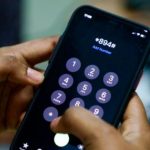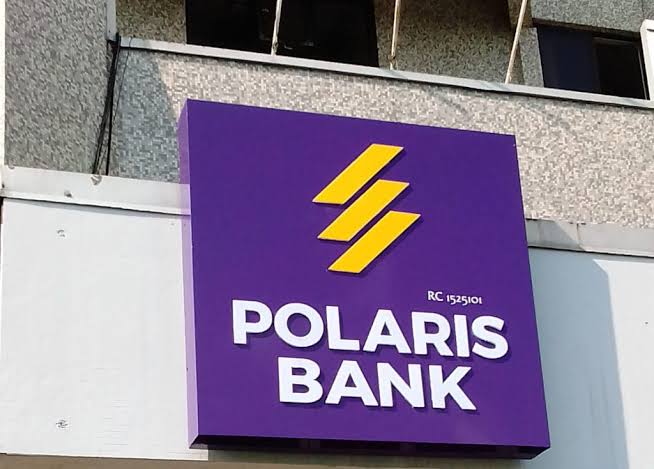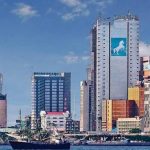Millions of banking customers in Nigeria are facing the possibility of losing access to USSD services from nine major banks, as telecommunication firms prepare to suspend these codes due to a N160 billion debt. Acting under the directive of the Nigerian Communications Commission (NCC), the telecom companies are set to cut off USSD access by January 27, 2025, unless a significant portion of the debt is paid. The banks affected by this decision include Fidelity Bank, First City Monument Bank, Jaiz Bank, Polaris Bank, Sterling Bank, UBA, Unity Bank, Wema Bank, and Zenith Bank. The USSD codes for these banks are essential for millions of customers who rely on mobile phones for banking services, particularly those without smartphones.
The USSD (Unstructured Supplementary Service Data) platform has become a critical financial tool, especially for people in Nigeria’s rural areas, where smartphone penetration remains low. According to the NCC, this development means that many customers will no longer be able to use their phones for banking transactions, such as money transfers, bill payments, or checking balances, which has raised significant concerns about financial inclusion in the country.
The USSD service was a game changer for financial inclusion when it was introduced. As of 2023, Nigeria’s financial inclusion rate stood at 74 percent, with USSD playing a major role in this achievement. Without USSD, many Nigerians, especially those in remote areas, would find it difficult to access banking services. USSD technology, by being accessible to all phone users—regardless of whether they own a smartphone or not—has enabled millions to perform banking tasks without relying on internet connectivity.
The ongoing dispute over the USSD debt between Nigerian banks and telecommunication companies has its roots in unresolved payments for USSD services since 2019. According to the NCC, the total debt was initially more than N200 billion but has since reduced to N160 billion. The CBN and NCC had previously issued a directive for banks to clear at least 85 percent of the outstanding invoices by December 31, 2024, to maintain their Good Standing status and avoid the suspension of USSD services. While some banks have complied with the directive, others have struggled to settle their debts, potentially leading to widespread service disruptions.
Despite the crucial role USSD plays, some banking executives argue that the technology is outdated. They suggest that the future of financial inclusion in Nigeria lies in more advanced solutions like Internet banking. Segun Agbaje, CEO of Guaranty Trust Holding Company, recently stated that USSD is “clumsy” and that a better solution would be to make data more affordable, thus allowing people to access banking services through smartphone applications. However, the reality is that a significant portion of the population still relies on USSD, particularly in areas with limited access to stable internet.
The latest data from the CBN indicates a sharp decline in the value of USSD transactions, which amounted to N2.19 trillion in the first half of 2024, down from N4.84 trillion in the same period the previous year, reflecting the growing shift toward internet-based solutions. However, industry experts such as Bolaji Akinboro, chairman of Voriancorelli, argue that USSD remains essential due to its universal accessibility, particularly for Nigerians in regions with poor internet infrastructure.
If the debt is not settled and the USSD suspension takes effect, many Nigerians could find themselves unable to access vital banking services, potentially hindering the country’s broader efforts to achieve financial inclusion. As the dispute continues, the resolution of the debt issue will be crucial for ensuring that millions of Nigerians can continue to use USSD for banking transactions, particularly in rural areas where smartphone usage is still limited.
In summary, while the future of USSD technology may be in question, the immediate risk of service suspension poses a significant challenge to Nigeria’s financial landscape. The outcome of the ongoing negotiations between banks, telcos, and regulators will determine whether USSD remains a lifeline for millions of Nigerians or whether it is phased out in favor of more modern alternatives.










